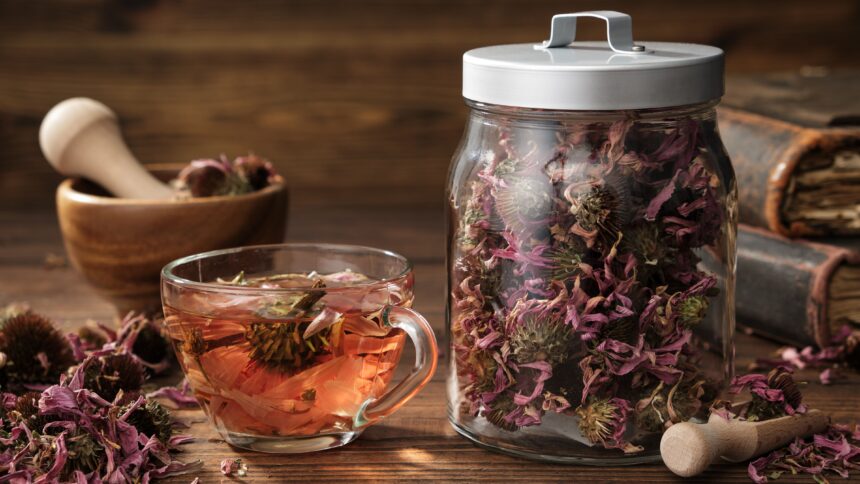Herbal remedies have been used for centuries to treat a variety of ailments and improve overall health. These natural solutions often harness the power of plants and their beneficial compounds to promote healing and well-being. In this article, we explore the best 10 herbal remedies recipes that you can easily prepare at home. Whether you’re looking to boost your immune system, reduce stress, or alleviate common ailments, these recipes offer a natural and effective approach to wellness.
Understanding Herbal Remedies
Herbal remedies recipes are designed to utilize the therapeutic properties of herbs to support health and treat various conditions. These recipes often involve infusions, tinctures, salves, and teas made from plant leaves, flowers, roots, and seeds. The active ingredients in herbs can offer anti-inflammatory, antimicrobial, antioxidant, and other beneficial effects.
Best 10 Herbal Remedies Recipes:
1. Chamomile Tea for Relaxation

Chamomile is renowned for its calming properties and is often used to promote relaxation and improve sleep quality.
Ingredients:
- 2 teaspoons of dried chamomile flowers
- 1 cup of boiling water
- Honey (optional)
Instructions:
- Place the dried chamomile flowers in a teapot or mug.
- Pour boiling water over the flowers.
- Let it steep for 5-10 minutes.
- Strain and add honey if desired.
- Enjoy your soothing chamomile tea.
2. Ginger Tea for Digestion
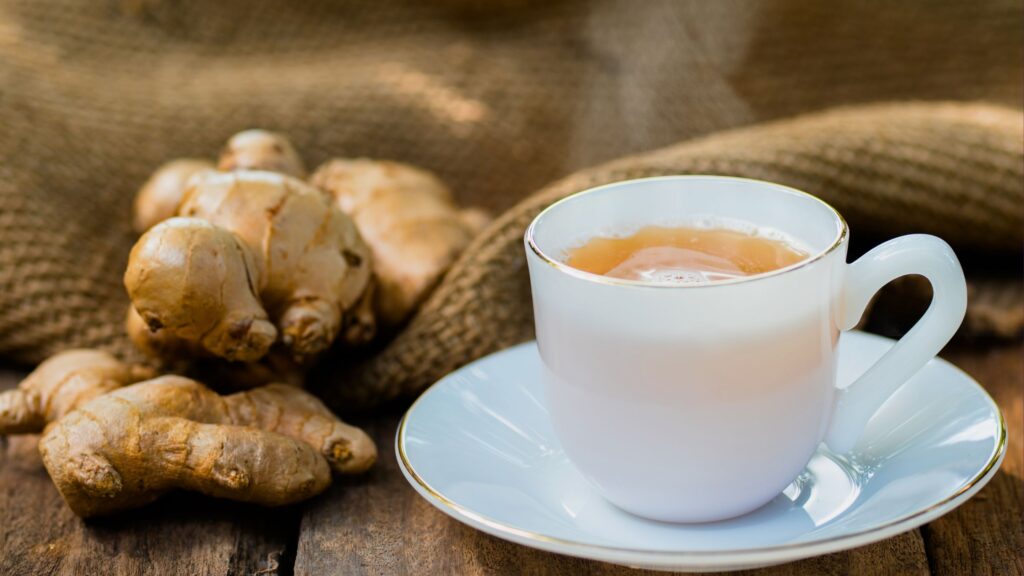
Ginger is a powerful herb known for its ability to aid digestion and reduce nausea.
Ingredients:
- 1-inch piece of fresh ginger root, sliced
- 1 cup of boiling water
- Lemon and honey (optional)
Instructions:
- Add the sliced ginger to a cup of boiling water.
- Let it steep for 10 minutes.
- Strain and add lemon and honey if desired.
- Drink this tea to ease digestive discomfort.
3. Peppermint Infusion for Headache Relief
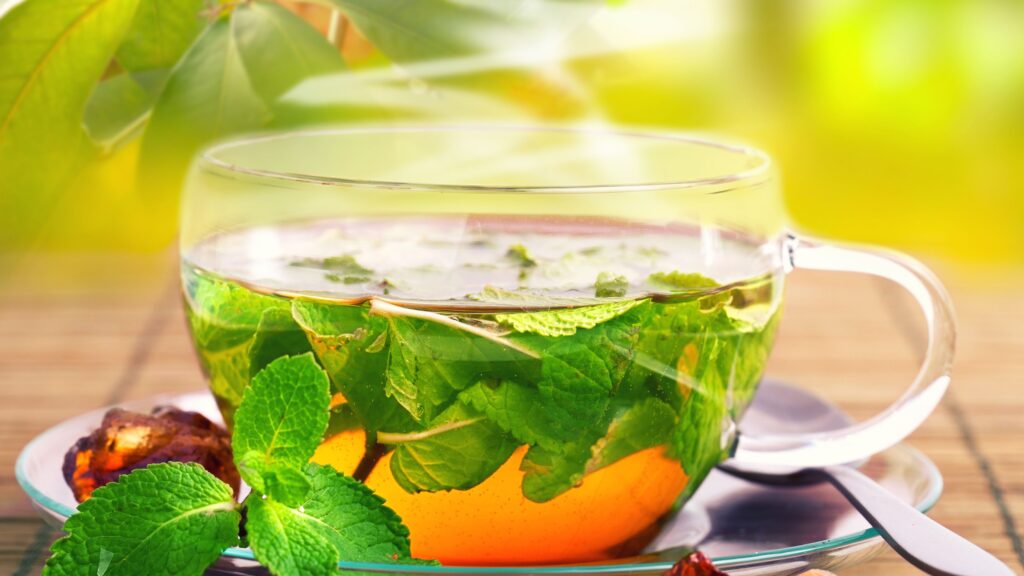
Peppermint has a cooling effect and can help relieve headaches and tension.
Ingredients:
- 1 teaspoon of dried peppermint leaves
- 1 cup of boiling water
Instructions:
- Add the dried peppermint leaves to a cup of boiling water.
- Let it steep for 5-10 minutes.
- Strain and drink to help alleviate headache symptoms.
4. Turmeric Golden Milk for Inflammation
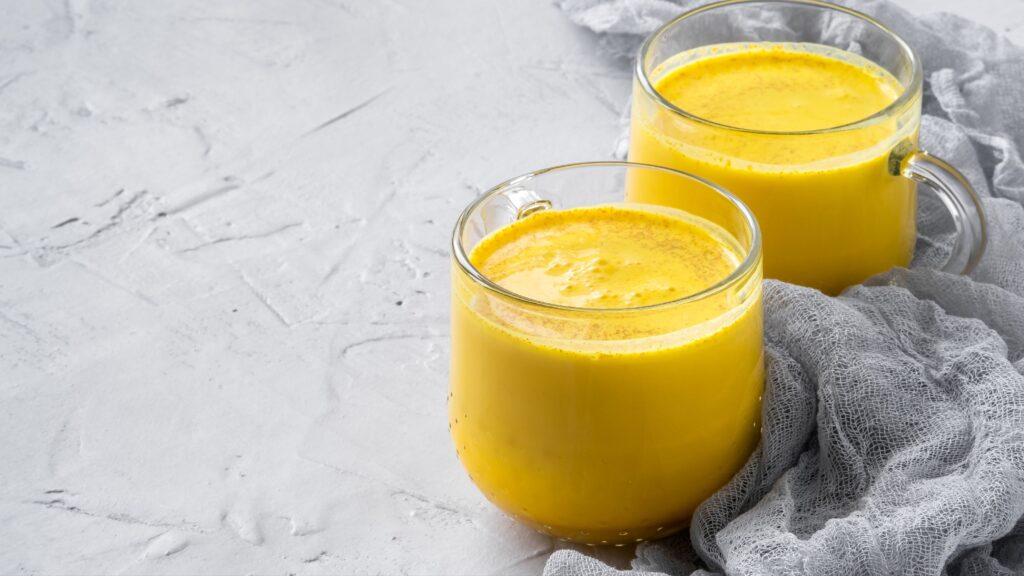
Turmeric contains curcumin, which has strong anti-inflammatory properties.
Ingredients:
- 1 cup of milk (dairy or plant-based)
- 1 teaspoon of turmeric powder
- 1/2 teaspoon of cinnamon powder
- 1/4 teaspoon of black pepper
- Honey (optional)
Instructions:
- Heat the milk in a small saucepan over medium heat.
- Stir in the turmeric, cinnamon, and black pepper.
- Simmer for 5 minutes, stirring occasionally.
- Remove from heat and add honey if desired.
- Enjoy this golden milk to help reduce inflammation.
5. Echinacea Tea for Immune Support
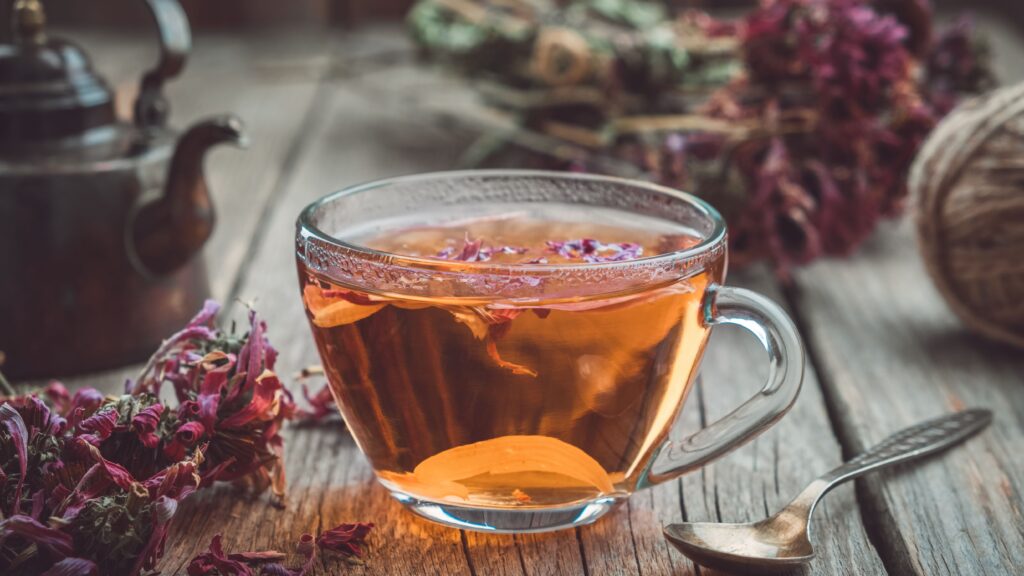
Echinacea is commonly used to boost the immune system and fight off colds and infections.
Ingredients:
- 1 teaspoon of dried echinacea leaves or flowers
- 1 cup of boiling water
Instructions:
- Add the echinacea to a cup of boiling water.
- Let it steep for 10-15 minutes.
- Strain and drink to support your immune system.
6. Lavender Salve for Skin Irritations
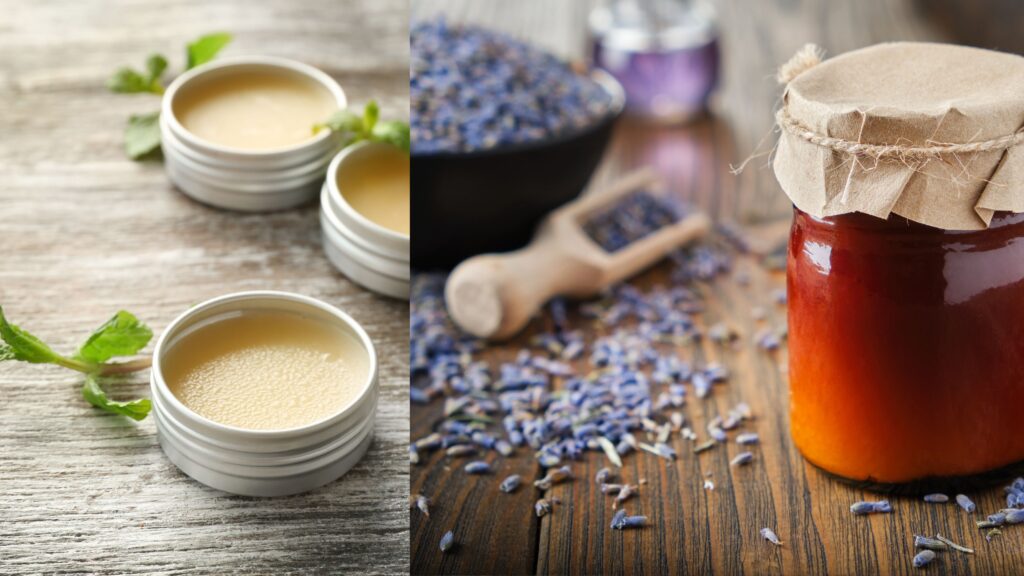
Lavender has antiseptic and anti-inflammatory properties that can soothe skin irritations.
Ingredients:
- 1/4 cup of dried lavender flowers
- 1/2 cup of coconut oil
- 2 tablespoons of beeswax
Instructions:
- Heat the coconut oil in a double boiler.
- Add the dried lavender flowers and simmer for 30 minutes.
- Strain the oil to remove the lavender flowers.
- Melt the beeswax and mix it with the lavender-infused oil.
- Pour into a container and let it cool.
- Apply the salve to irritated skin.
7. Rosemary Oil for Hair Health
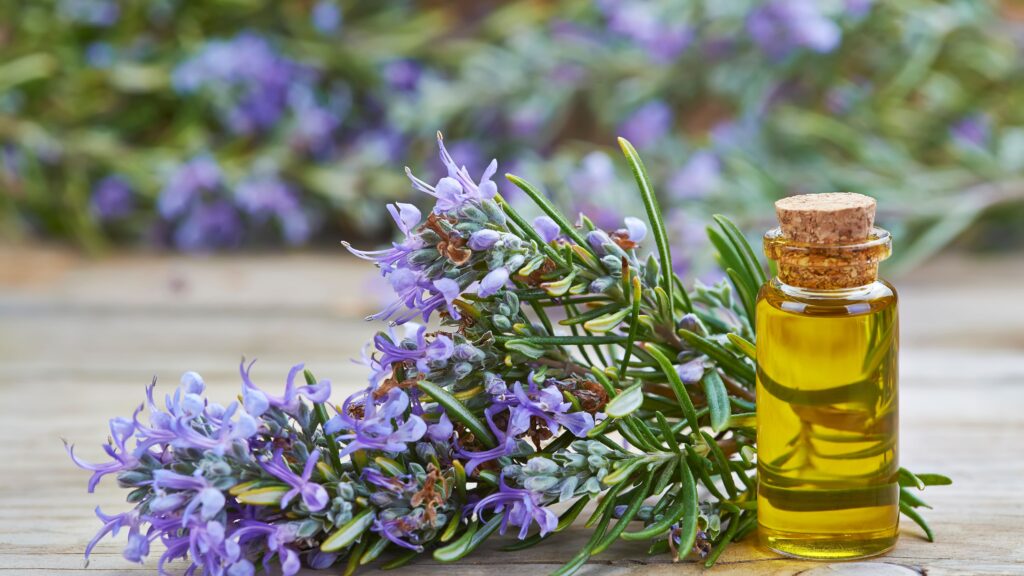
Rosemary oil can stimulate hair growth and improve scalp health.
Ingredients:
- 1/4 cup of dried rosemary leaves
- 1/2 cup of olive oil
Instructions:
- Heat the olive oil in a double boiler.
- Add the dried rosemary leaves and simmer for 30 minutes.
- Strain the oil to remove the rosemary leaves.
- Massage the rosemary oil into your scalp and leave it on for at least 30 minutes before washing.
8. Lemon Balm Tea for Anxiety
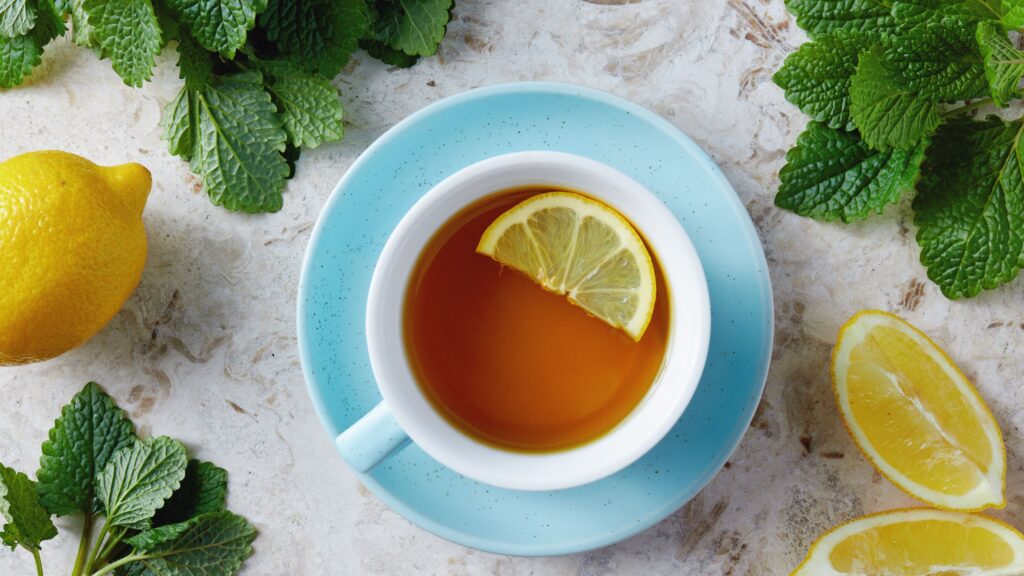
Lemon balm is known for its calming effects and can help reduce anxiety and stress.
Ingredients:
- 2 teaspoons of dried lemon balm leaves
- 1 cup of boiling water
- Honey (optional)
Instructions:
- Add the dried lemon balm leaves to a cup of boiling water.
- Let it steep for 5-10 minutes.
- Strain and add honey if desired.
- Drink this soothing tea to help reduce feelings of anxiety and stress.
9. Thyme Gargle for Sore Throat
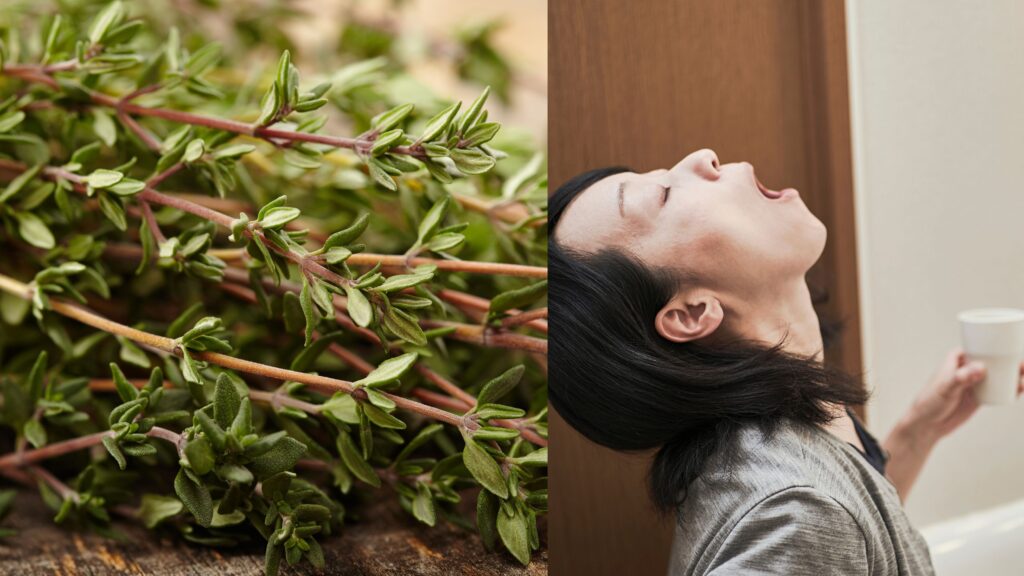
Thyme has antibacterial properties that can help soothe a sore throat and fight infections.
Ingredients:
- 1 teaspoon of dried thyme
- 1 cup of boiling water
- 1/2 teaspoon of salt
Instructions:
- Add the dried thyme to a cup of boiling water.
- Let it steep for 10 minutes.
- Strain and add the salt.
- Use this mixture as a gargle several times a day to relieve sore throat symptoms.
10. Calendula Salve for Wound Healing
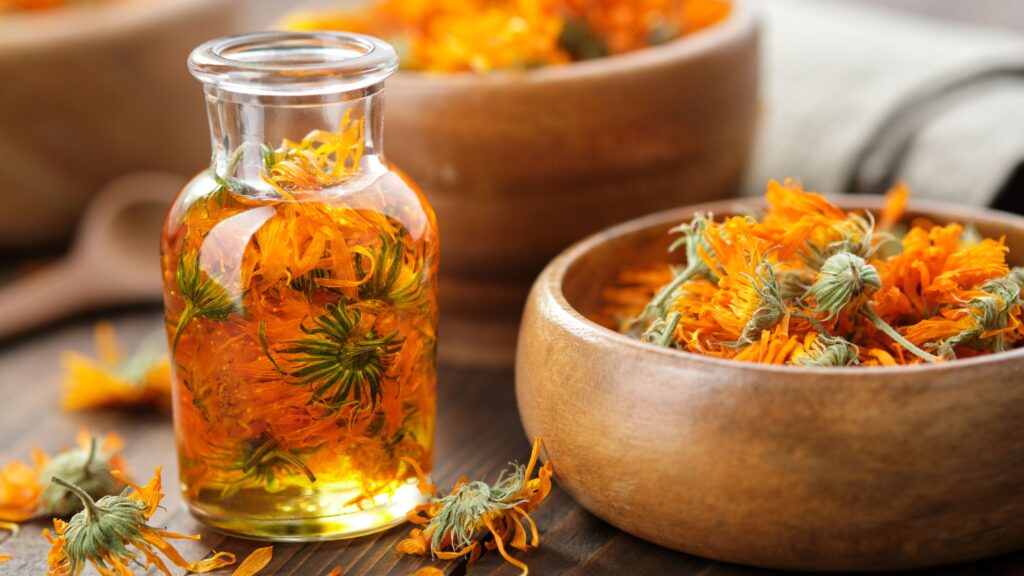
Calendula is known for its wound healing and anti-inflammatory properties, making it ideal for minor cuts and scrapes.
Ingredients:
- 1/4 cup of dried calendula flowers
- 1/2 cup of olive oil
- 2 tablespoons of beeswax
Instructions:
- Heat the olive oil in a double boiler.
- Add the dried calendula flowers and simmer for 30 minutes.
- Strain the oil to remove the calendula flowers.
- Melt the beeswax and mix it with the calendula-infused oil.
- Pour into a container and let it cool.
- Apply the salve to minor wounds to promote healing.
Benefits of Herbal Remedies
Herbal remedies recipes offer a range of benefits that contribute to overall health and wellness:
- Natural Healing: Herbal remedies use natural ingredients that can support the body’s healing processes without the side effects often associated with synthetic medications.
- Nutrient-rich: Many herbs are packed with vitamins, minerals, and antioxidants that nourish the body and support various functions.
- Cost-Effective: Creating herbal remedies at home can be more affordable than purchasing over-the-counter medications or supplements.
- Holistic Approach: Herbal remedies often support multiple aspects of health, addressing the root causes of issues rather than just masking symptoms.
- Sustainability: Growing your own herbs and making remedies can be more sustainable and environmentally friendly.
Tips for Using Herbal Remedies
To get the most out of your herbal remedies recipes, keep these tips in mind:
- Quality Matters: Use high-quality, organic herbs whenever possible to ensure the best results.
- Proper Dosage: Follow recommended dosages and instructions for each remedy to avoid adverse effects.
- Consult with a Professional: If you have any health conditions or are taking other medications, consult with a healthcare professional before using herbal remedies.
- Stay Informed: Educate yourself about the herbs you are using, including their benefits, potential side effects, and any contraindications.
Conclusion
Incorporating herbal remedy recipes into your daily routine can offer numerous health benefits and provide a natural alternative to conventional treatments. The best 10 herbal remedies recipes highlighted in this article are easy to prepare and can address a variety of common health concerns. From soothing chamomile tea to healing calendula salve, these recipes harness the power of nature to promote well-being and support your health in a holistic way.
Explore these herbal remedies recipes and discover the natural healing potential of herbs. With a little knowledge and some simple ingredients, you can create effective remedies that enhance your health and vitality.

